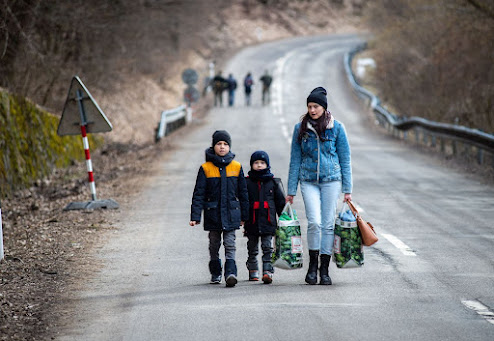Glastonbury Canned: Is festival season now nothing more than a pipe dream?
The world reacted with dismay, but with little surprise, at the news yesterday afternoon that the world-famous Glastonbury festival will be cancelled due to the impact of COVID-19. Festival organisers, Michael and Emily Eavis, made a statement confirming the news (below), making it the second year in a row that plans for the much-loved music and arts festival have been abandoned. Fans and musicians alike have expressed disappointment but understanding.
“In spite of our efforts to move Heaven & Earth, it has become clear that we simply will not be able to make the Festival happen this year,” the Eavises said. “We are so sorry to let you all down.”
Organisers have guaranteed the chance to buy tickets for the event in 2022 to people successful in securing tickets for this year through a £50 deposit. The event was due to occur between the 23rd and 27th of June; rumours regarding the line-up were already doing the rounds on social media.
MP Julian Knight, who is chairing the DCMS committee that is overseeing an inquiry into the fate of music festivals during the pandemic, took to Twitter yesterday, expressing that it was “devastating” for the industry as a whole.
Other artists shared similar feelings, with many adding that whilst they were disappointed, that it was ultimately the correct decision. "It's obviously far from ideal', said Jack Champion, touring keyboard player due to perform at the beloved festival. "But I think we have to acknowledge that there was absolutely no way Glasto could have gone ahead whilst keeping people safe. As much as it's a bitter pill to swallow, health and safety has to take priority at the moment."
But are all UK festivals destined to share Glastonbury's fate? Some organisers have suggested that there may be hope for smaller events on a more modest scale.
"One of the major, often overlooked issues surrounding these events is that many aren't able to get the necessary insurance," said Ben Marshall of Artist Management Services. "Glastonbury, in this respect, is on a different level to other, small events. There's a chance that with the right measures in place, other festivals might be given the green light come summertime."
One such event is Glasgow's TRNSMT, who recently said there was "reason to be optimistic" that it could go ahead in July, with performances set to take place from Lewis Capaldi, Liam Gallagher and The Courteeners.
"By comparison, TRNSMT is a much smaller city-centre event with no camping. As such, it takes us days rather than months to build TRNSMT. Therefore, we will continue to listen to and follow the advice from the government and remain positive about events later in the summer," said an event organiser.
Regardless of whether some festivals can go head, there is no doubt that the demise of Glastonbury will serve as another hefty blow to a music industry that is already on its knees. The news will do consumer confidence no favours whatsoever, and will only fuel the demands from artists, tour managers and gig workers for the government to do more to support them.





Comments
Post a Comment